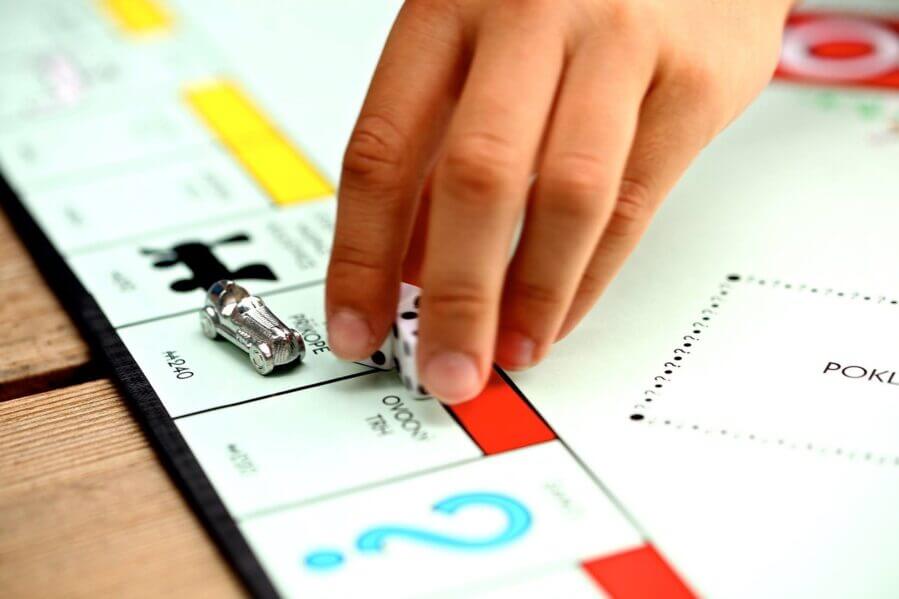A comprehensive review of research spanning 23 years has found that board games based on numbers, such as Monopoly, Othello, and Chutes and Ladders, can enhance young children’s mathematical abilities. The study, published in the peer-reviewed journal Early Years, highlights the positive impact of number-based board games on counting, addition, and the recognition of number comparisons for children aged three to nine.
While board games are already recognized for their role in fostering learning and development, including reading and literacy skills, this new study delves into the specific benefits of number-based board games for mathematical skills. The researchers assert that children benefit from programs or interventions where they engage in supervised board game sessions a few times a week, facilitated by teachers or trained adults.
“Board games enhance mathematical abilities for young children,” says lead author Dr. Jaime Balladares from Pontificia Universidad Católica de Chile in Santiago, Chile. “Using board games can be considered a strategy with potential effects on basic and complex math skills. Board games can easily be adapted to include learning objectives related to mathematical skills or other domains.”
Unlike games that focus on specific skills or involve gambling, board games where players take turns moving pieces around a board were found to have a positive impact. The fixed rules of board games limit players’ activities, and the moves made on the board typically determine the overall gameplay situation.
Despite the benefits, preschools rarely incorporate board games into their curriculum. The goal of this study was to compile the available evidence regarding the effects of board games on children.
The researchers conducted a review of 19 studies published from 2000 onwards involving children aged three to nine years. All except one of the studies focused on the relationship between board games and mathematical skills. In these studies, all children received special board game sessions that took place, on average, twice a week for 20 minutes over one-and-a-half months. The sessions were led by teachers, therapists, or parents.
Some studies divided children into groups that either played number-based board games or engaged in board games without a focus on numeracy skills. In other studies, all children played number-based board games but were allocated different types of games, such as Dominoes.
Math performance assessments were conducted before and after the intervention sessions, which aimed to develop skills such as counting aloud. The researchers categorized success based on four areas: basic numeric competency (e.g., naming numbers), basic number comprehension (e.g., understanding “nine is greater than three”), deepened number comprehension (e.g., accurate addition and subtraction), and interest in mathematics.
The results revealed a significant improvement in math skills among children for over half (52%) of the tasks analyzed following the board game sessions. In nearly a third (32%) of cases, children in the intervention groups showed better results compared to those who did not participate in the board game intervention.
Interestingly, the analysis of the studies to date revealed a lack of scientific evaluation of board games focused on language or literacy areas. Future research is needed to evaluate the impact of such games on children by comparing control and intervention groups or conducting pre- and post-intervention assessments.
Dr. Balladares, previously at UCL and the lead author, suggests that designing and implementing board games with scientific evaluation procedures should be a priority in the coming years. Exploring the effects of these games on other cognitive and developmental skills holds promise, and the development and assessment of board games for educational purposes present exciting prospects for future research.
Dr. Balladares concludes, “An interesting space for the development of intervention and assessment of board games should open up in the next few years, given the complexity of games and the need to design more and better games for educational purposes.”
If our reporting has informed or inspired you, please consider making a donation. Every contribution, no matter the size, empowers us to continue delivering accurate, engaging, and trustworthy science and medical news. Independent journalism requires time, effort, and resources—your support ensures we can keep uncovering the stories that matter most to you.
Join us in making knowledge accessible and impactful. Thank you for standing with us!

